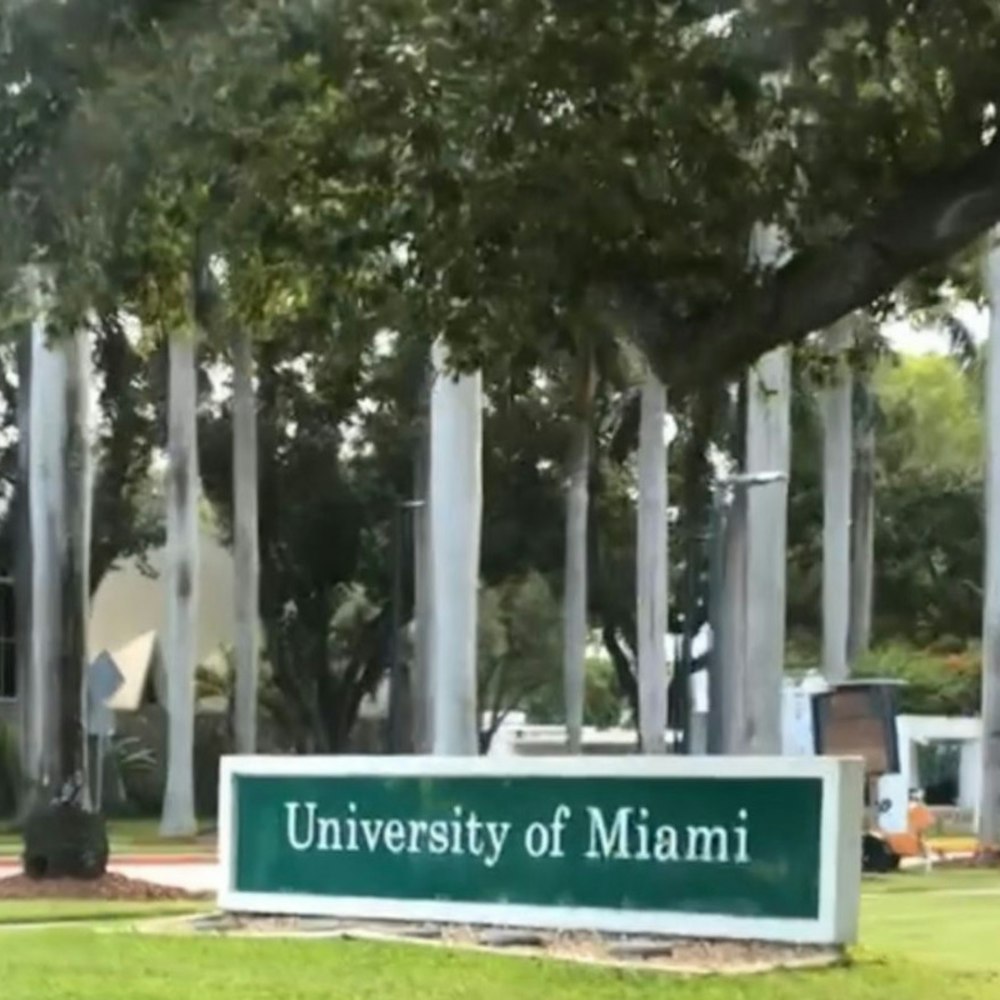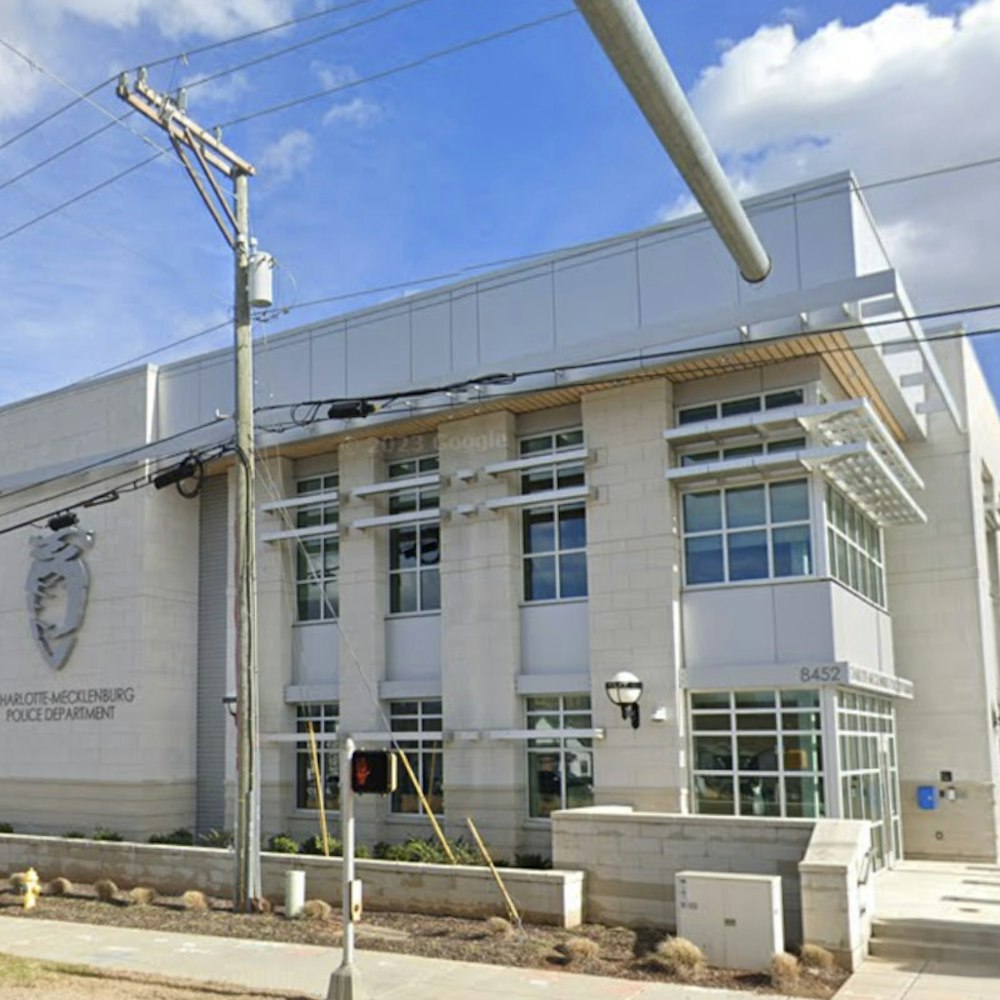
Powering energy-hungry data centers has long been a consideration for big tech. The issue worsened in recent years with crypto miners sucking up vast amounts of energy to turn electricity into digital currency. Yet future supplies will increasingly focus on supporting storage and processing for artificial intelligence, a task that is expected to consume more energy than the entire country of Japan by 2026.
Prolific investor and entrepreneur Sam Altman quite clearly believes that problem could be resolved with clean energy from fusion reactors, as he plainly said so much in Davos earlier this year. Now, his San Francisco-based OpenAI is in active discussions with Seattle-area fusion energy startup, Helion, the company in which Altman is most heavily invested, to purchase some of it's hopefully future electricity output.
While Helion, based in Everett, Washington, is not yet producing commercial energy, the fusion startup says they expect to reach this capability at some level by 2028, potentially transforming energy landscapes worldwide.
The discussions underline Seattle’s emergence as a leading hub for fusion energy innovation, with Crunchbase News noting the region's significant contributions to the sector. Helion, alongside other enterprises like TAE Technologies and General Fusion, points to Seattle's growing role in pioneering efforts towards sustainable and virtually limitless energy sources.
At the center of this innovative drive is Sam Altman, the CEO of OpenAI, who also has more than a passive interest in Helion's success. Altman has invested a substantial $375 million into Helion, making it his largest personal investment to date. However, aware of the potential conflicts of interest, Altman has reportedly recused himself from the ongoing negotiations between the two entities. The recusal, highlighted by Axios, ensures that the discussions remain transparent and focused on mutual long-term benefits rather than personal financial interests.
Helion is currently developing its seventh fusion prototype, a crucial step towards achieving its goal of producing commercially viable electricity, reports Axios. The company has already garnered significant interest, having secured contract commitments from tech juggernaut Microsoft and industrial giant Nucor, America's largest steel producer. According to The Wall Street Journal, Microsoft's involvement underscores the growing corporate appetite for sustainable energy solutions and highlights Helion's potential to deliver on its ambitious promises.
However, despite the optimism, the path to commercial fusion energy is fraught with technical, financial, and regulatory challenges. As reported by Crunchbase News, fusion funding has seen dramatic fluctuations, reflecting a broader investment landscape that oscillates between bullish enthusiasm and cautious pragmatism. Notably, Helion's $500 million Series E funding round, led by Altman, includes an additional $1.7 billion contingent on the company hitting specific performance milestones.
While OpenAI's shift towards potentially using fusion power is undeniably forward-thinking, it also raises questions about the intertwined nature of technology and energy sectors, especially given the significant stakes held by influential figures like Altman. As The Wall Street Journal highlights, OpenAI employs rigorous policies to manage and mitigate potential conflicts of interest, including oversight by an independent audit committee.
The collaboration between OpenAI and Helion could set a precedent for how high-tech companies address their burgeoning energy needs sustainably. Yet, as Helion races to transition from experimental prototypes to commercial energy production, the broader implications for both the fusion energy industry and corporate governance in tech sectors remain to be fully realized.
-1.webp?w=1000&h=1000&fit=crop&crop:edges)








